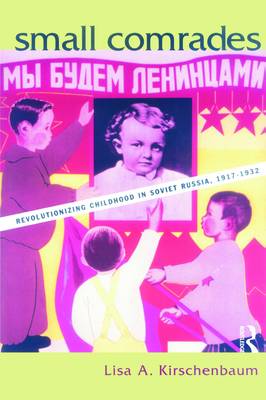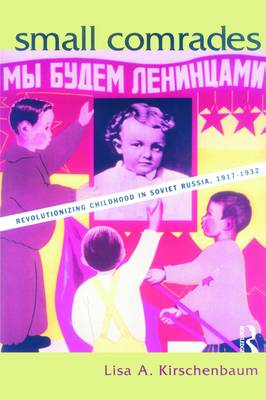
- Retrait gratuit dans votre magasin Club
- 7.000.000 titres dans notre catalogue
- Payer en toute sécurité
- Toujours un magasin près de chez vous
- Retrait gratuit dans votre magasin Club
- 7.000.000 titres dans notre catalogue
- Payer en toute sécurité
- Toujours un magasin près de chez vous
74,95 €
+ 149 points
Description
Small Comrades is a fascinating examination of Soviet conceptions of childhood and the resulting policies directed toward children. Working on the assumption that cultural representations and self-representations are not entirely separable, this book probes how the Soviet regime's representations structured teachers' observations of their pupils and often adults' recollections of their childhood. The book draws on work that has been done on Soviet schooling, and focuses specifically on the development of curricula and institutions, but it also examines the wider context of the relationship between the family and the state, and to the Bolshevik vision of the "children of October"
Spécifications
Parties prenantes
- Auteur(s) :
- Editeur:
Contenu
- Nombre de pages :
- 242
- Langue:
- Anglais
- Collection :
Caractéristiques
- EAN:
- 9780815339458
- Date de parution :
- 08-12-00
- Format:
- Livre broché
- Format numérique:
- Trade paperback (VS)
- Dimensions :
- 152 mm x 227 mm
- Poids :
- 403 g







